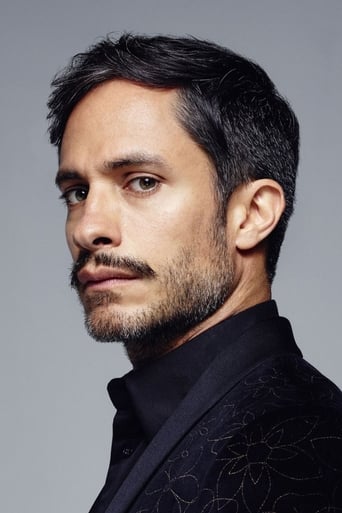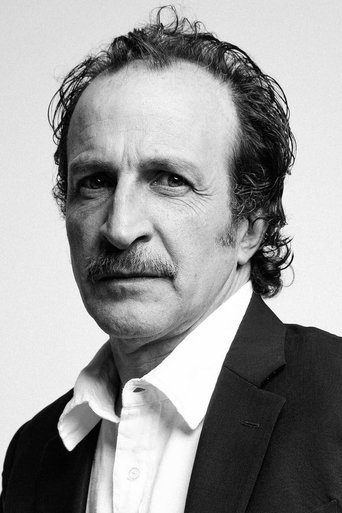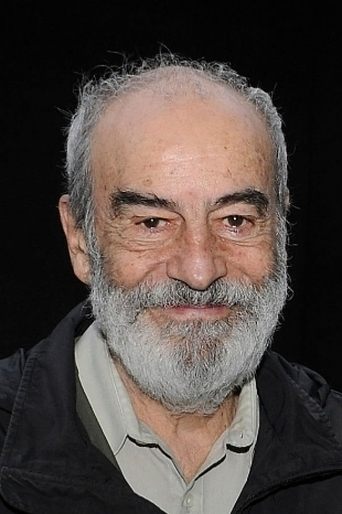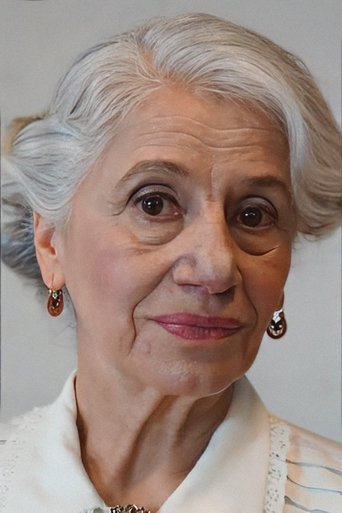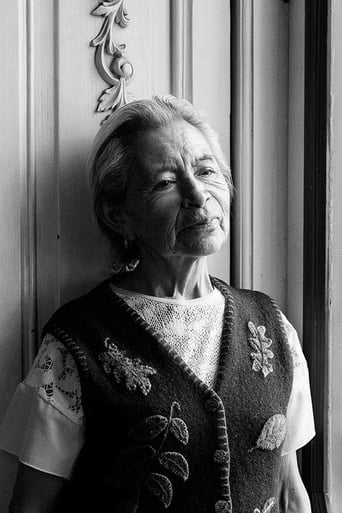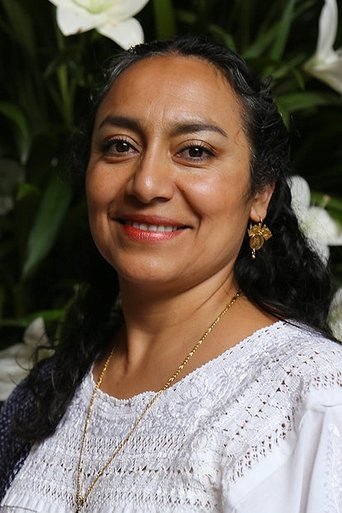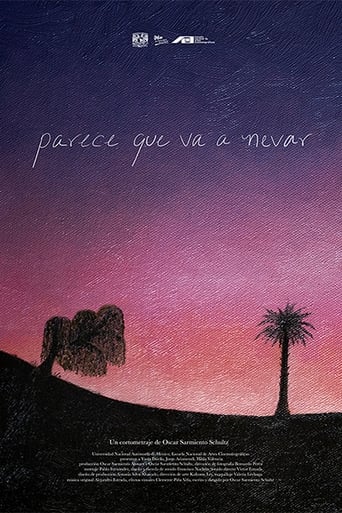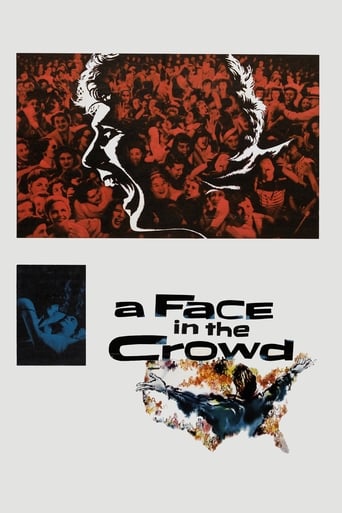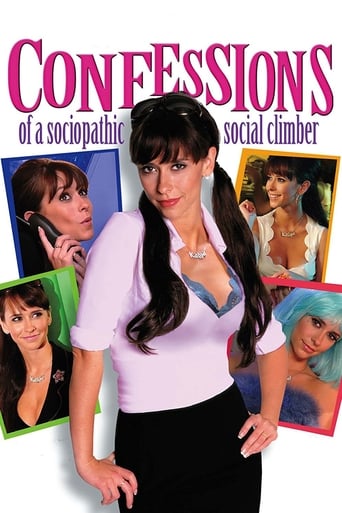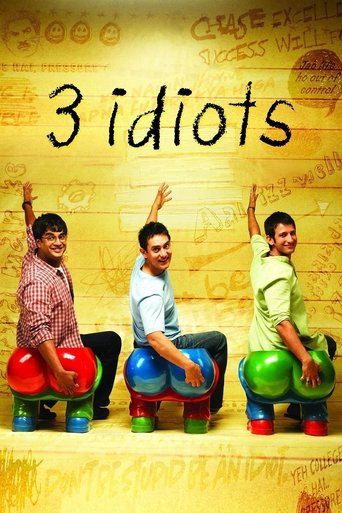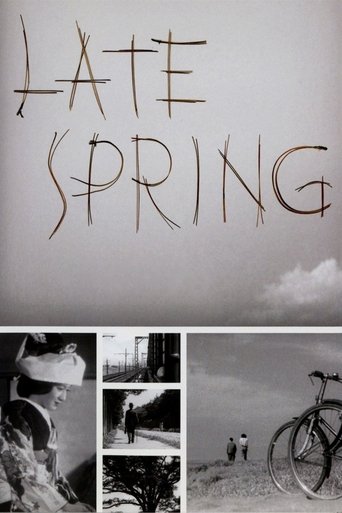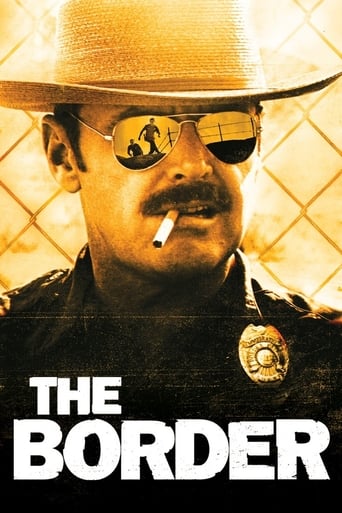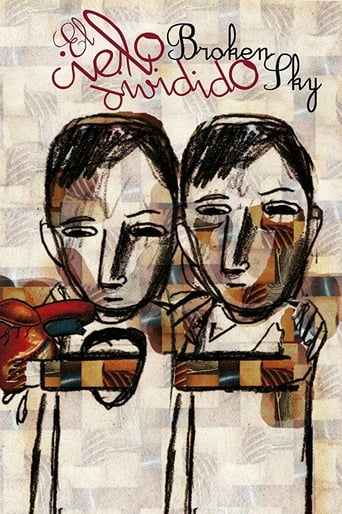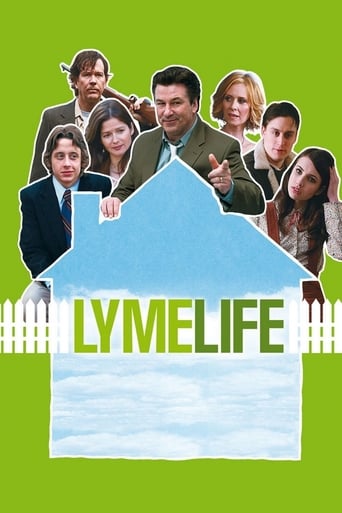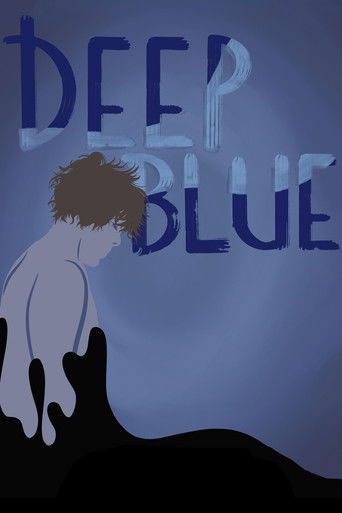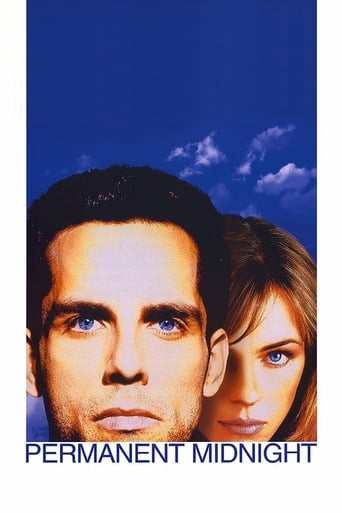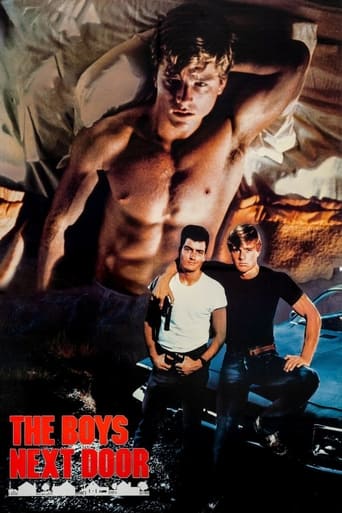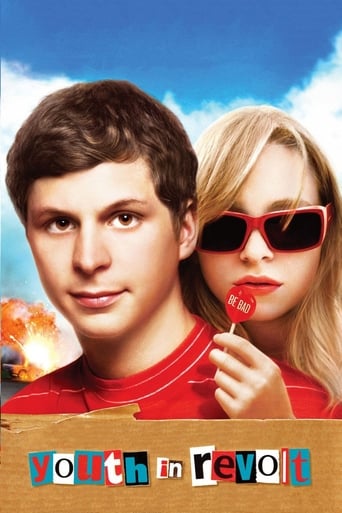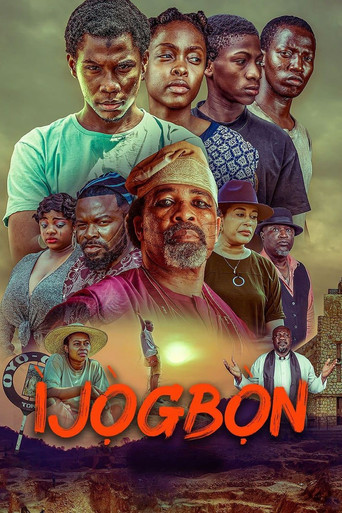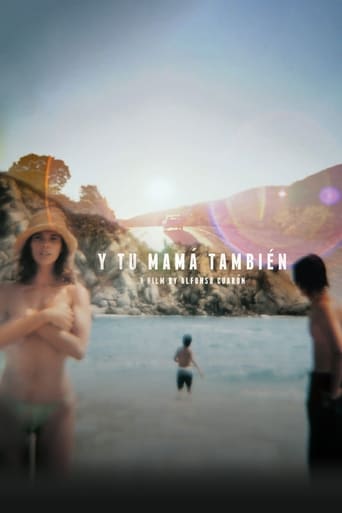










Y Tu Mamá También (2001)
In Mexico, two teenage boys and an attractive older woman embark on a road trip and learn a thing or two about life, friendship, sex, and each other.
- Alfonso Cuarón
- Fernanda Arce
- Manuel Hinojosa
- Berenice Manjarrez Vericat
- Maury Carvajal
- Alfonso Cuarón
- Carlos Cuarón
Rating: 7.413/10 by 1591 users
Alternative Title:
E a Tua Mãe Também - PT
E Sua Mãe Também - BR
And Your Mother Too! - GB
Din morsa också! - SE
And Your Mother Too - US
Y Tu Mamá También - US
Anani Da! - TR
Jaz pa tebi mamo - SI
¡Din morsa också! - SE
I ja tebi kevu - RS
Og mora di, også! - NO
Og mora di også - NO
Tengoku no kuchi, owari no rakuen - JP
Y tu mamá también – Anche tua madre - IT
Anyádat is! - HU
I tvoju mamu također - HR
Θέλω και τη Μαμά σου - GR
Thelo kai ti mama sou - GR
Ja äitiäs kans - FI
Ja sinu ema ka! - EE
…Og din mor! - DK
… mit deiner Mutter auch! - DE
Et... ta mère aussi - CA
And Your Mother Too! - AU
And Your Mama Too - GB
이 투 마마 - KR
Y Tu Mama Tambien And Your Mother Too - US
衰仔失乐园 - CN
你他妈的也是 - CN
Y tu mamá también – Lust for Life - DE
Y tu mamá también - FR
وأمك أيضا - EG
Country:
Mexico
Language:
Español
Runtime: 01 hour 46 minutes
Budget: $5,000,000
Revenue: $33,600,000
Plot Keyword: friendship, adolescence, beach, mexico, group sex, male friendship, road trip, coming of age, travel, human relationship, new mexican cinema, self reflection, self-reflexive, roadtrip, sexual discovery, melodrama, amused
While recently watching "Blue Is the Warmest Color," I was reminded of this film, and like "Blue," I was drawn to how the film's central relationship between Tenoch and Julio felt both astoundingly ecstatic and yet isolating, especially when it ends. It's as if the passions from their road trip to Heaven's Mouth burned too brightly to be sustained once they returned to their normal lives. I first looked at this film as a coming-of-age film, albeit one that happened to include sex scenes much more graphic than others of its genre. That opinion helps me find a reflective starting point for this film, but every time I watch it, I think more and more about the socioeconomic points Cuarón interjects throughout. I think more about how little I know about other countries, especially the one just south of my own. (I suppose Tenoch and Julio don't know that much either.) After this last viewing, I thought more about whether the the two actually learned something positive from the experience. We're told they never meet again after the film ends. What happens next? And how does this trip I witnessed mean to that answer?


